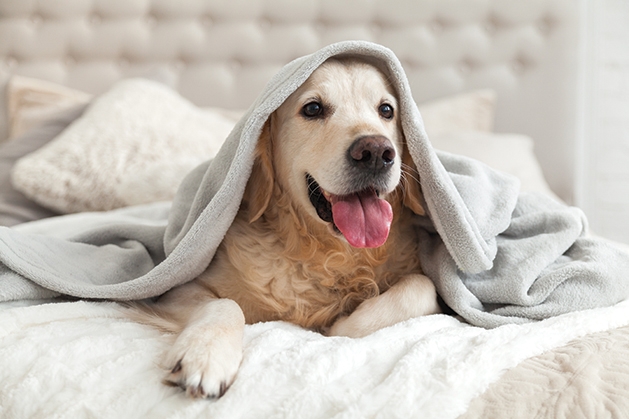
Many dogs experience anxiety and most often anxiety and fear are a result of not being socialized at an early age. It could also be traced back to a significant event. Separation anxiety—experienced by dogs when his/her pet parent leaves—is one of the most common kinds of anxiety. Loud noises, such as fireworks, also trigger fear and anxiety for many dogs. The feelings of fear and anxiety a dog experiences are not unlike those feelings’ humans experience. Understanding this is the first step.
Pet Parent Question:
My dog has always been anxious, and it seems over time it has just gotten worse. My vet suggests medication, but I don’t want my dog on meds all the time. What else can I do to help him?
Answer:
There are some dogs who may need to be on medication for most if not all of their life. However, most dogs respond to positive training techniques. Exposing a dog to new things gradually can help socialize a dog who was not socialized at an early age. Training your dog to sit, stay and other obedience behaviors can be helpful. When something happens that might make your dog anxious ask him to sit to distract him. There are trainers who specialize in working with anxious and fearful dogs. Also consult with your veterinarian. There are some supplements made from natural nonaddictive ingredients that can be quite effective as well. Love, understanding and patience are essential to living with anxious and fearful dogs.
Donna Chicone is an award-winning author, TEDx speaker and advocate for dogs. She lives in Woodbury. You might find her engaged in pet-assisted therapy work; superpetparent.com









